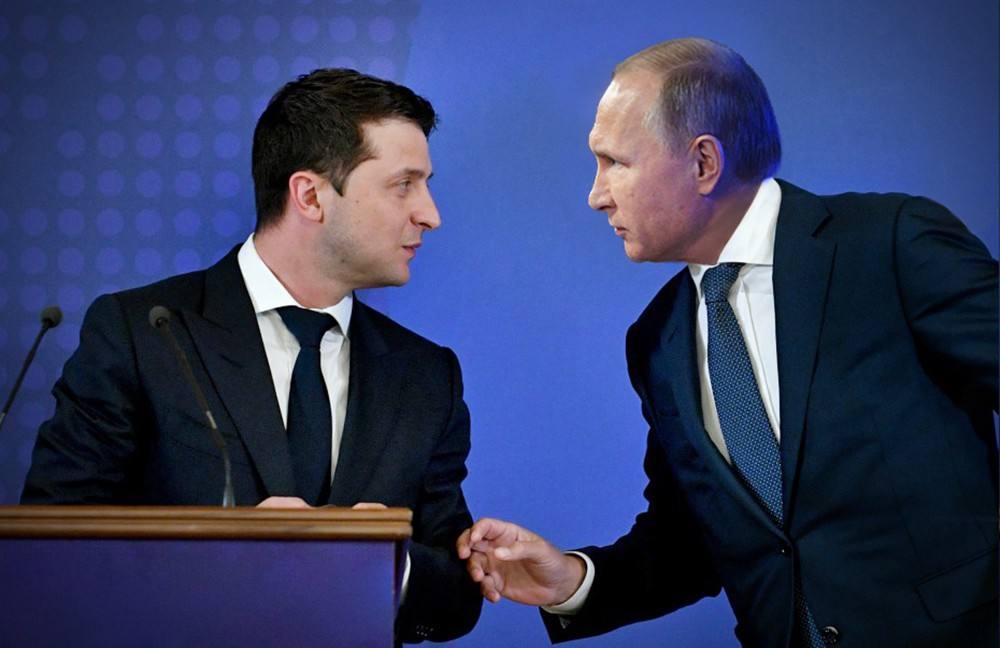俄乌冲突,这五种基本商品或将受影响

俄罗斯和乌克兰冲突正影响本已紧张的供应链。乌克兰和俄罗斯可能只占德国和美国等主要制造业国家进口的一小部分,但它们是许多关键供应链的原材料和能源的重要供应商。以下五个领域可能会出现麻烦:
1. 能源
许多欧洲国家严重依赖俄罗斯的能源,尤其是通过几条重要管道输送的天然气,这可能影响了他们应对危机的方式。例如,俄罗斯对天然气的依赖被认为是欧洲不愿将俄罗斯从国际支付系统SWIFT中移除的原因,尽管值得指出的是,德国已经无限期暂停了新的波罗的海天然气管道Nord Stream 2。
尽管俄罗斯目前不太可能完全停止天然气供应,但即使是很小的中断也会产生重大影响。受疫情影响,全球天然气储量较低,能源价格已经大幅上涨,对消费者和行业造成了影响。
由于天然气是许多供应链的重要组成部分,这种基本供应的中断将产生广泛的经济后果。例如,当天然气价格在2021年秋季首次飙升时,英国的化肥厂关闭,因为高能源成本使生产无法维持。这导致了二氧化碳的短缺,而二氧化碳对于从医疗程序到保持食物的新鲜都是必不可少的。随着石油和天然气价格的上涨,这种后果可能会被放大。
2. 食物
2021年,由于能源价格上涨和气候变化等因素,全球食品价格已经大幅上涨。随着关键原材料价格的上涨,食品生产商可能会面临进一步的压力。
俄罗斯和乌克兰加起来占全球小麦出口的四分之一以上,而乌克兰一个国家就占了葵花籽油出口的近一半。两者都是许多食品中使用的关键商品。如果在饱受战争蹂躏的乌克兰,收割和加工受到阻碍,或者出口受阻,进口商将难以补充供应。
一些国家尤其依赖俄罗斯和乌克兰的粮食。例如,土耳其和埃及近70%的小麦进口都依赖中国。乌克兰也是中国最大的玉米供应国。
在世界其他地区增加产量可以帮助减少粮食供应中断的影响。然而,俄罗斯也是化肥关键原料的主要供应国,因此贸易制裁可能会影响其他国家的生产。与此同时,我们也可以预期,贸易流动将会转向其他领域:例如,中国已经表示将开始进口俄罗斯小麦。
3.运输
随着全球交通在大流行后已经严重中断,一场战争可能会造成更多的问题。受影响的运输方式有海运和铁路运输。
2011年以来,中欧定期铁路货运已经建成。最近,第5万列火车完成了这一旅程。虽然铁路运输只占亚洲和欧洲之间总货运的一小部分,但在最近运输中断期间,铁路发挥了至关重要的作用,而且正在稳步增长。
目前,列车正改道驶离乌克兰,铁路货运专家乐观地认为,列车运行中断将被降至最低。然而,像立陶宛这样的国家预计,他们的铁路交通将受到对俄罗斯制裁的严重影响。
甚至在冲突之前,船主们就开始避开黑海航线,保险公司也要求船主们提前通知。尽管黑海的集装箱运输在全球范围内是一个相对小众的市场,但最大的集装箱码头之一是敖德萨。如果这条通道被俄罗斯军队切断,对乌克兰进出口的影响可能相当大,可能带来严重的人道主义后果。
由于战争导致的油价上涨是对航运的普遍担忧。运费已经非常高了,可能还会继续上涨。
还有一种担忧是,网络攻击可能会针对全球供应链。由于贸易高度依赖在线信息交换,如果主要航线或基础设施成为目标,这可能会产生深远的影响。供应链网络攻击的连锁反应可能是巨大的。
4. 金属
俄罗斯和乌克兰的镍、铜和铁等金属产量居全球之首。他们还主要参与氖气、钯和铂等其他重要原材料的出口和制造。
对俄罗斯制裁的担忧导致这些金属的价格上涨。以钯为例,目前的交易价格接近每盎司2700美元,自12月中旬以来上涨了80%以上。钯被广泛应用于汽车尾气排放系统、移动电话和牙科填充物等领域。分别用于制造业和建筑业的镍和铜的价格也在飙升。
美国、欧洲和英国的航空航天工业也依赖俄罗斯的钛供应。波音和空客已经接触了其他供应商。然而,俄罗斯领先的供应商VSMPO-AVISMA的市场份额和产品基础使其不可能完全多样化,一些航空制造商已经签署了长期供应合同至2028年。
对于所有这些材料,我们可以预期供应中断和潜在的短缺,这可能导致许多产品和服务的价格上涨。
5. 微芯片
芯片短缺是2021年全年的一个主要问题。一些分析人士曾预测,这一问题将在2022年得到缓解,但最近的事态发展可能会打击这种乐观情绪。
作为对俄罗斯制裁的一部分,美国一直威胁要切断俄罗斯的微芯片供应。但当俄罗斯和乌克兰是霓虹灯、钯和铂的主要出口国时,这听起来有些空洞,而这些都是微芯片生产的关键。
用于芯片光刻的大约90%的霓虹灯产自俄罗斯,其中60%由敖德萨的一家公司进行提纯。替代能源将需要长期投资才能供应全球市场。
目前芯片企业的库存已超过2 ~ 4周,但如果乌克兰军事行动导致供应持续中断,半导体和汽车等依赖半导体的产品的生产将受到严重影响。
